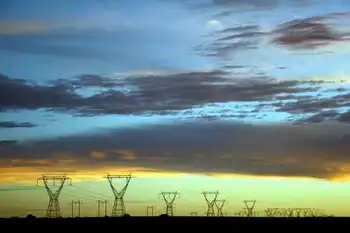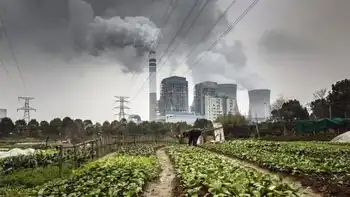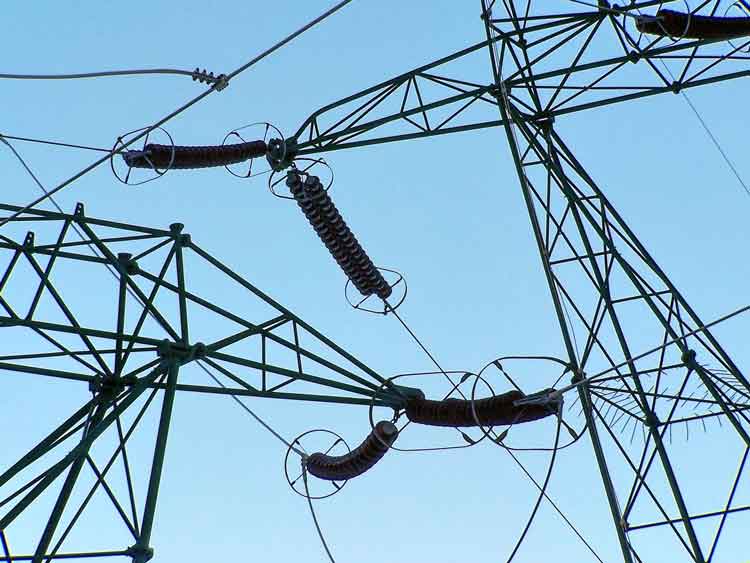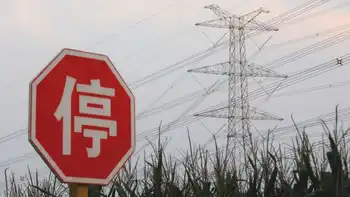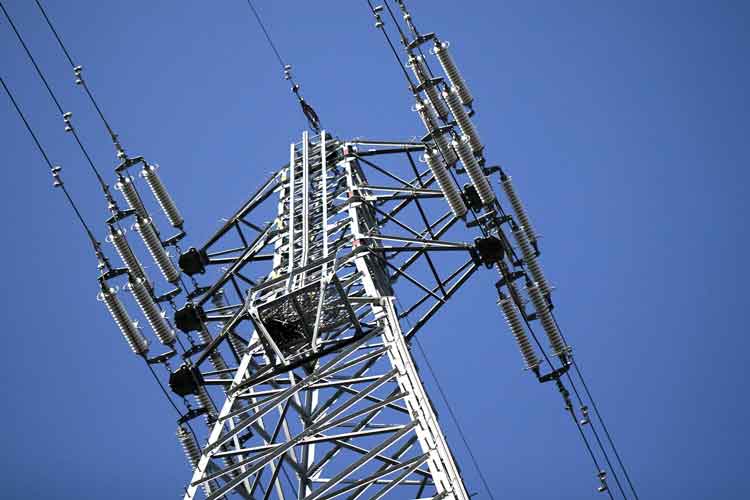WPL to reduce carbon footprint
By PR Newswire
Substation Relay Protection Training
Our customized live online or in‑person group training can be delivered to your staff at your location.

- Live Online
- 12 hours Instructor-led
- Group Training Available
The proposed changes to WPL's generation fleet will be filed with the Public Service Commission of Wisconsin (PSCW) as part of WPL's testimony filing related to the proposed expansion of the Nelson Dewey Generating Station, in Cassville, Wisconsin, and are subject to the approval of the PSCW. The details of the proposal are included in WPL's testimony, being filed with the PSCW.
"Alliant Energy is committed to reducing greenhouse gas emissions, in Wisconsin and throughout our service territory," states Barbara Swan, President-WPL. "We believe our proposal addresses the critical balance of meeting important environmental objectives with the equally important goal of providing reliable and affordable power to our customers."
As part of its greenhouse gas emissions reduction proposal, WPL would retire Edgewater Generating Station's coal-fired unit 3. The facility is the oldest coal plant in WPL's generation fleet. The company would also increase its commitment to develop new wind power resources.
Previously the company had announced plans for approximately 300 megawatts of new wind by the end of 2010. Upon approval of the Nelson Dewey expansion, the company would add 200 megawatts to that total by the time the new facility begins commercial operation. While the sites for the future wind farms have not yet been determined, it is possible that one of the sites could be located in southwestern Wisconsin.
WPL would also double the amount of renewable resource fuels to be used at the new third unit of Nelson Dewey, to twenty percent. As a result of utilizing fuels such as switch grass, waste wood, or corn stalks, not only are CO2 emissions reduced by offsetting the use of coal at the facility, but Wisconsin farmers and foresters will have access to new economic markets, an ecologically friendly crop and better land and forest management practices.
Analysis by researchers from the University of Wisconsin has shown that the 20 percent biomass at Nelson Dewey unit 3 could create economic development revenues for the State of Wisconsin to exceed an estimated $50 million annually.
This proposal, along with a fifty percent increase in WPL energy efficiency savings, is projected to more than offset the carbon emissions from the new Nelson Dewey unit. The potential increased capital costs associated with these changes in WPL's generation fleet are expected to be $500-$550 million, and are contingent upon the company receiving all applicable regulatory approvals related to the expansion of the Nelson Dewey Generating Station.
"We spend a lot of time reaching out to our customers, listening to what they want and what they can afford," adds Swan. "Their two main concerns: protecting the environment while at the same time keeping the cost of electricity affordable. These are challenges we embrace as we head down a path to a greener future."






